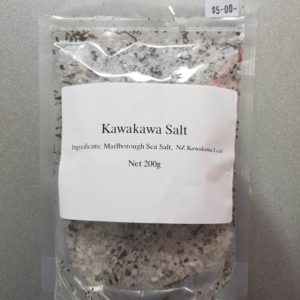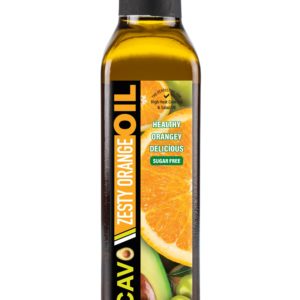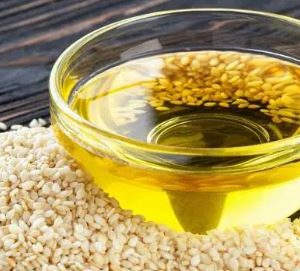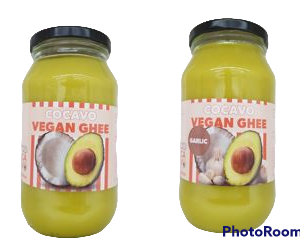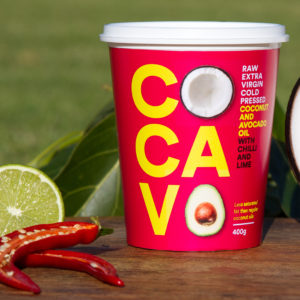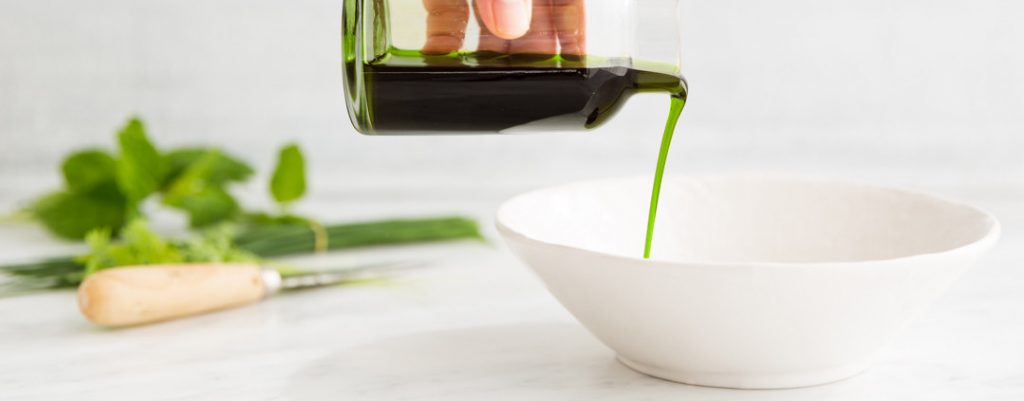
When it comes to cooking oils, “new” and “modern” are usually synonymous with “avoid”. Canola oil, soy oil, corn oil, and of course margarine readily come to mind. Avocado oil, however, is one refreshing example where this rule does not apply!
While avocados have thousands of years of traditional use and benefits, the extracted oil is a relative newcomer on the scene. This fact startled me when I first started researching avocado oil health benefits both internally and externally. Let’s dig a bit further into the little known background of this eminently modern fat.
History of Avocados
Avocados are native to South Central Mexico, with humans consuming them since around 5000 BC. Ease of cultivation fueled their popularity and rapid spread to other regions in South America. Several traditional cultures in the New World enjoyed the avocado for food including the Aztecs, Incas, and Mayans.
The Aztecs used avocados for other purposes including a stimulant for libido as well as to benefit hair growth. They also spread the flesh on the face and skin as a moisturizer. Traditional medicinal uses included relief from diarrhea and the prevention of worms and other parasites.
Judge R.B. Ord of Santa Barbara successfully introduced avocados to the United States in 1871 with trees from Mexico. Farmers primarily cultivated this crop in California, Florida, and eventually Hawaii due to the avocado tree’s need for warmth and a lack of frost.
The Birth of Avocado Oil
Since the flesh of an avocado is nearly one-third oil, it seems inconceivable that food manufacturers only began mass-producing avocado oil for the world market in modern times. Historically, humans primarily enjoyed the fat of avocados by eating the fruit as a whole. Nicknames such as “vegetable butter” or “butter pear” were common, but the use of the oil alone was rare.
Pure agricultural necessity drove the first extraction of avocado oil. Avocado farmers needed to find a way to market the avocados which were not fit for market due to blemishes and other imperfections. Transforming unusable fruit into an edible oil as a secondary commodity seemed the perfect solution.
Nowadays, farmers cultivate avocados for the fresh fruit market both domestically and internationally. In order to have the highest possible oil content, farmers must pick avocados when they have reached maximum maturity. Interestingly, avocados do not begin to ripen until removed from the tree.
Avocado Varieties
Haas is the most widely cultivated variety of avocado in the world. It eclipses all others combined. Haas comprises 90% of avocados grown in New Zealand, 75% of those grown in Australia, and 88% of USA avocados. The popularity of Haas is due to excellent yield potential and thick skin which results in “less post-harvest imperfections and handling problems”.
In addition, Haas is fattier (35 grams of fat per cup) and easier to mash. By comparison, one cup of the green-skinned Florida avocado (Dominican avocado) contains 23 grams of fat with correspondingly firmer flesh.
Other less popular varieties include:
- Bacon
- Fuerte
- Gwen
- Pinkerton
- Reed
- Zutano
Extraction and Processing of Avocado Oil
The extraction of the fat from avocados is similar to olive oil. Manufacturers mash the flesh and slowly churn or “malax” for about an hour at temperatures not to exceed 45-50 degrees Celsius (113-122 F). This is a higher temperature than when extracting olive oil.
The resulting oil and water separate via high speed decanting centrifuge. Waste is used as mulch and fertilizer for future avocado trees.
There are other ways to extract avocado oil, resulting in different grades. Extra virgin avocado oil is obtained simply by pressing the avocados. It retains the flavor and odor of the avocado itself. Furthermore, because of its extremely high smoke point, it is a great oil for frying. Other grades of avocado oil are virgin and pure avocado oil. These are of lower quality. Like olive oil, extra virgin avocado oil is the best choice for cooking.
Refined vs Unrefined
While the extraction of oil from the pulp is via mechanization at slightly elevated temperature, refined avocado oil undergoes further processing at high temperatures. Bleaching and deodorization may also occur to remove the avocado smell and flavor. Refined versions are more yellow in color and used for skin products because of high skin penetration and absorption.
Unrefined avocado oil retains the odor and taste of the fruit pulp from which it was extracted. It is also more nutritious than refined. Extra virgin avocado oil and cold-pressed avocado oil are both unrefined choices. These two types of avocado oils are optimal and are widely available for cooking and salad dressings. Fortunately, the taste is incredibly mild.
Compare the picture below of yellowish refined avocado oil to the green color of unrefined avocado oil. Notice that the unrefined oil looks exactly like extra virgin olive oil!
Fatty Acid Profile
The avocado oil fatty acid profile is as follows:
- Monounsaturated (oleic acid omega-9, palmitoleic acid) 76%
- Polyunsaturated (linoleic acid omega-6, linolenic acid omega-3) 12%
- Saturated (palmitic acid, stearic acid) 12%
One glaring problem is that the omega-3 to omega-6 ratio is about 1:12. While not achieving the 1:1 or 1:2 ideal, the amount of polyunsaturated fat in avocado oil in total is very low.
This is important as linoleic acid should only be consumed in small amounts. In excess, it can cause obesity.
Smoke Point: Healthy for Cooking and Deep Frying?
The smoke point of avocado oil depends heavily on the quality of refinement and the way it is handled. The smoke point of unrefined oil is 480 degrees Fahrenheit and 249 degrees Celsius.
Refined avocado oil has a higher smoke point of 520 degrees Fahrenheit and 271 degrees Celsius.
No other oil ranks higher including ghee, tallow, and lard, making avocado an excellent choice for high heat cooking and frying.
Avocado Oil for Skin
As mentioned earlier, traditional peoples used the mashed flesh of avocado for facial and skin moisturizing. Many sites specializing in homemade personal skincare have recipes containing avocado oil.
Avocado Oil vs Coconut Oil
Avocado oil cannot and should not be compared with coconut oil. The fatty acid profile of these two healthy fats is completely different! This is literally like comparing an apple to an orange.
The huge differences in fatty acid composition mean that these two oils are beneficial for different reasons both internally and externally.
Hence, try to avoid comparing the two as it isn’t a helpful exercise. It is best to use both! Avocado oil is primarily monounsaturated fat and coconut oil is primarily saturated fat.
Avocado Oil vs Olive Oil
On the other hand, a comparison between olive and avocado oil is meaningful and helpful. Both have very similar fatty acid profiles. Specifically, these oils are extremely high in omega-9, monounsaturated fats (oleic acid).
Avocado oil has a much milder flavor than olive oil, which is why I use it to make mayonnaise.
Olive oil seems to work better with apple cider vinegar for making salad dressing, however.
Both are excellent for roasting veggies. I would only choose avocado oil for frying, however, as the smoke point is much higher than olive oil.
Avocado oil tends to be less expensive than a quality extra virgin olive oil. It is also (at the present time) less prone to the fraudulent practice of mixing with cheaper oils. So, if you buy avocado oil at the store, there is less chance of not getting what you paid for.
Commercial Use of Avocado Oil
Many restaurants use an olive/canola oil blend for cooking. This is the case even at organic or high-end establishments. Inquiring customers are typically told that the cooking fat is “olive oil” even when such a blend is used. Don’t be fooled! Instead of these cheap blends, avocado oil represents a far healthier option.
Unfortunately, no restaurants that I know of use avocado oil for cooking at the present time. That’s too bad considering how much healthier the American public would be is they consumed fats such as oleic acid on a regular basis.
Anti-Nutrients
Good news! No studies reveal that avocado oil contains harmful anti-nutrients. These substances block the absorption of minerals. They can also potentially cause gastrointestinal distress.
On the other hand, peanut oil contains lectins, which are potent anti-nutrients. This is one reason why this oil is not necessarily healthier when unrefined.
Should You Be Using Avocado Oil?
Without a doubt, avocado oil gets a thumbs up for all uses in the home. Salad dressing, mayonnaise, sautés and frying are all appropriate uses. It’s also a great choice for moisturizing skin and hair. As a bonus, avocado oil is less comedogenic than coconut oil.
In sum, avocado oil is a modern fat in every sense of the word. However, it is the only one I’ve come across that qualifies as healthy on the same level as traditional fats.
Read on to discover 7 health benefits of Avocado Oil.
1. Naturally low in sodium and fructose.
This is perfect if you are on a sugar-free or low sugar diet, as you can add avocado into any meal to get another element of texture and health boost while continuing to avoid sugars.
2. Vitamins and minerals.
Avocados (and their cold-pressed oil) are very high in essential vitamins and minerals, including Vitamin K, B-5, B-6, and C, as well as folate, potassium, and fibre.
3. High in potassium
One avocado can have twice the potassium than one banana, helping with balancing internal potassium to sodium ratios in your body.
4. Good fats
One of the few fruits which contain large amounts of “good” monounsaturated fats. One avocado can contain 22.5g of healthy fat.
5. Cholesterol management
Consuming avocados and unrefined avocado oil helps to maintain healthy cholesterol levels and reduce risks for heart diseases.
6. Boosting the nutrient value of other foods
Enables your body to more efficiently absorb fat-soluble nutrients e.g. alpha-carotene, beta-carotene, and lutein, from other foods consumed in conjunction, which is like boosting the nutrient value of the other foods you eat if you add avocados and unrefined avocado oil.
7. Skincare
Avocado oil helps to nourish and moisturise your skin, while also rejuvenating it. People have used avocado oil under their eyes to successfully reduce or remove bags, and use the oil for a deeply hydrating face mask, or in smaller quantities as an age reducing moisturiser for daily use. Avocado oil can also be used as a hair mask, or conditioner or scalp moisturiser, rejuvenating your scalp and hair.
Here at Cocavo, we offer a wide range of cold-pressed, unrefined, and high-quality avocado oil products at affordable prices. Be sure to check them out so you can start investing in your health today!
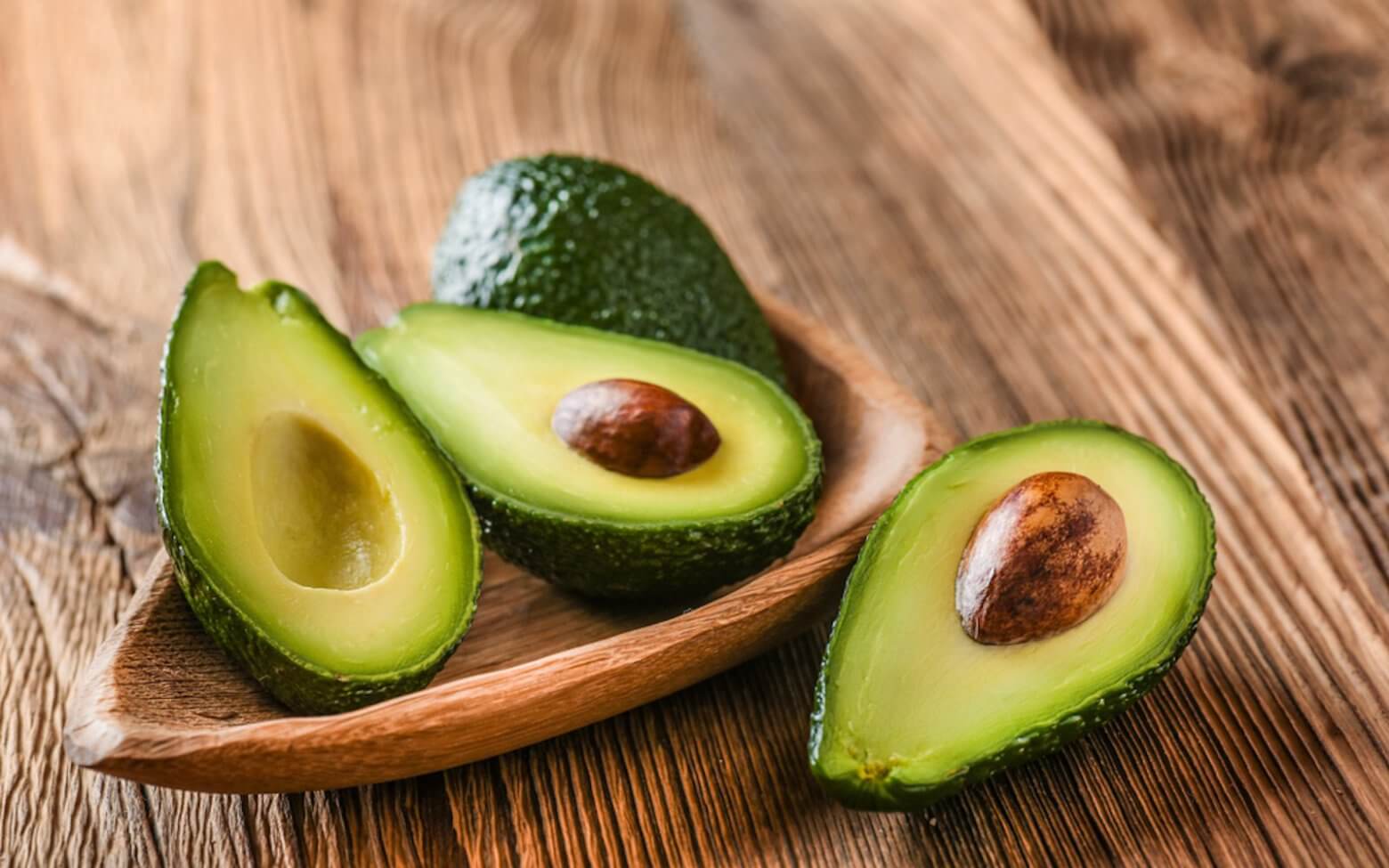

Cocavo Original
Cocavo is made from premium all natural ingredients, providing a sweet and delicious, yet delicate flavor.
It is the perfect cooking oil to enhance a wide variety of dishes from curries to stir-fries. Cocavo is dairy free, gluten free and suitable for vegans and vegetarians.

Cocavo Light
Cocavo Light is made from pure coconut oil and extra virgin avocado oil. The delicious, buttery yet mild flavor does not have the aroma or taste of coconut making it the perfect cooking oil for everyday use.
Cocavo Light is dairy free, gluten free and suitable for vegans.

Chili and Lime
Cocavo is carefully infused with selected chili and lime oils giving you the perfect blend. Cocavo enhances and brings out the flavors in dishes from seafood to stir-fry. The subtle hint of chili is perfect.
Cocavo Chili and Lime is dairy free, gluten free and suitable for vegans.


